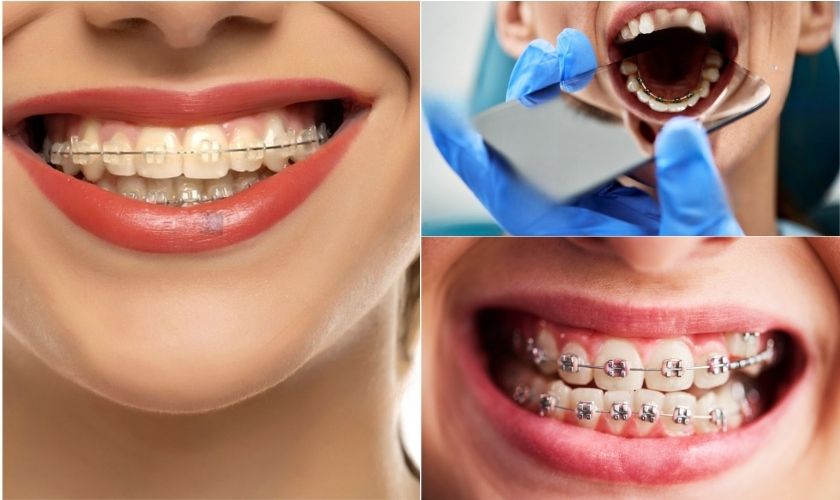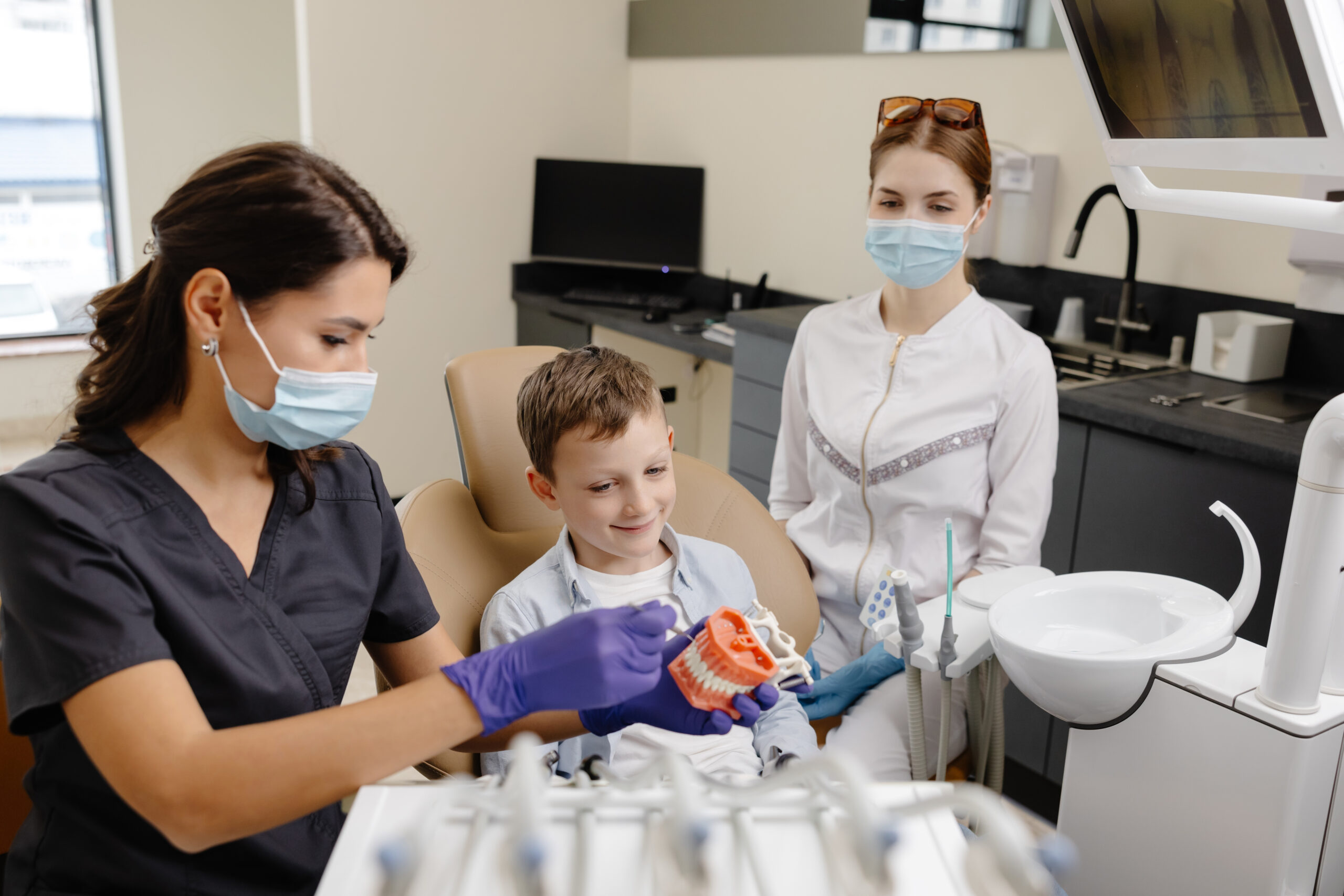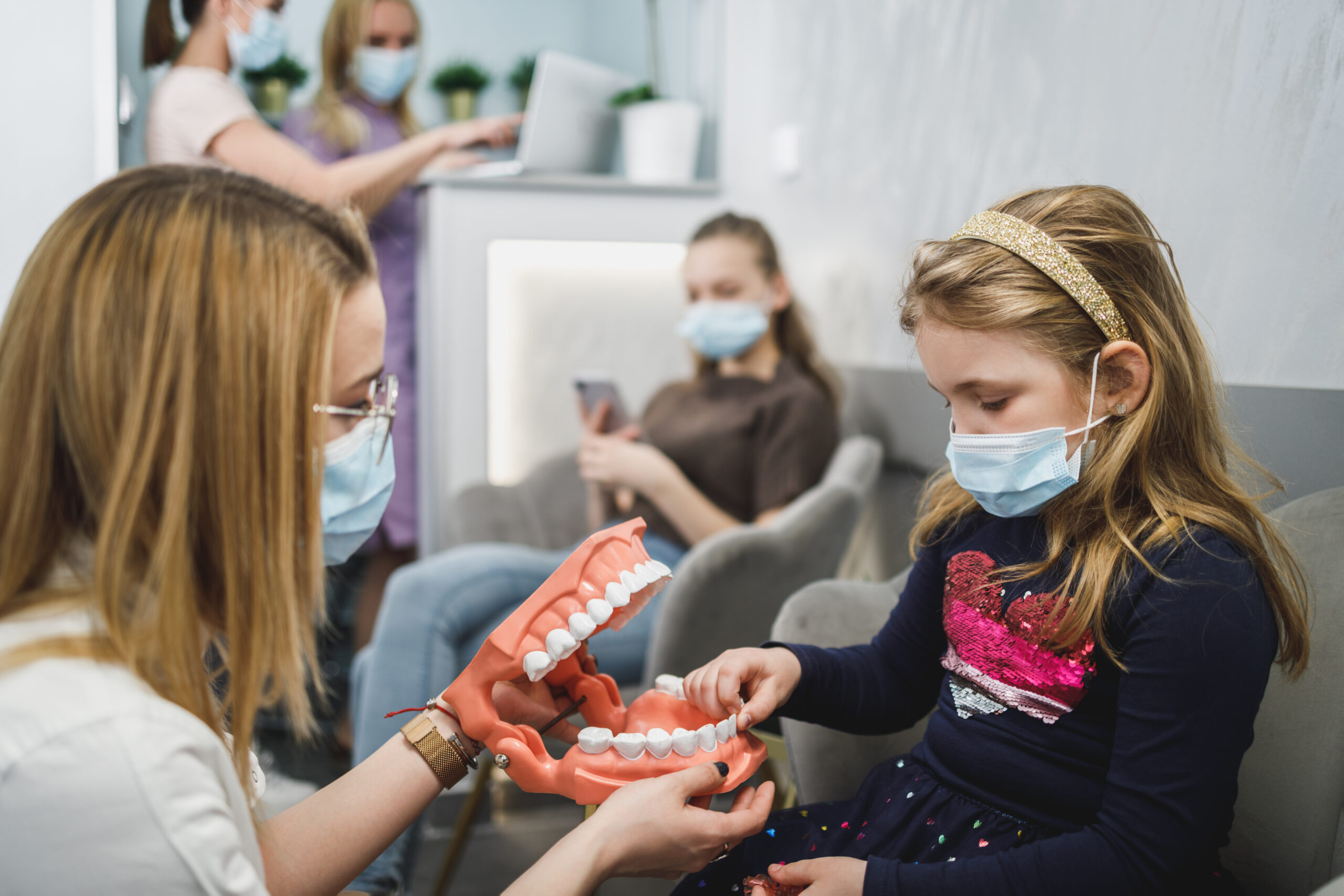Maintaining optimal oral health is crucial not only for a radiant smile but also for your overall well-being. Poor dental hygiene can lead to various health issues, including heart disease, diabetes, and respiratory infections. Fortunately, with the right practices, you can keep your teeth and gums healthy throughout your life. Here are seven essential tips to help you achieve and maintain perfect oral health.
1. Establish a Consistent Brushing Routine
Brushing your teeth is the cornerstone of good oral hygiene. Aim to brush at least twice a day—once in the morning and once before bed. Here are some key points to consider:
· Choose the Right Tools: Use a soft-bristled toothbrush and fluoride toothpaste. The soft bristles are gentle on your gums while effectively removing plaque.
· Perfect Your Technique: Hold your toothbrush at a 45-degree angle to your gums. Use gentle, circular motions to clean all surfaces of your teeth, including the outer, inner, and chewing surfaces. Don’t forget to brush your tongue to eliminate bacteria and freshen your breath.
· Timing Matters: Spend at least two minutes brushing your teeth. You can use a timer or play a song to ensure you brush long enough.
· Replace Your Toothbrush Regularly: Change your toothbrush every three to four months or sooner if the bristles are frayed. A worn toothbrush is less effective at cleaning your teeth.
2. Master the Art of Flossing
Flossing is just as important as brushing, yet many people neglect this essential step. Flossing helps remove food particles and plaque from between your teeth and below the gum line, where your toothbrush can’t reach. Here’s how to do it effectively:
· Use the Right Amount: Cut a piece of floss about 18 inches long. Wrap the ends around your middle fingers, leaving a few inches to work with.
· Gentle Technique: Slide the floss between your teeth using a gentle back-and-forth motion. Curve the floss around each tooth in a C-shape to clean the sides effectively.
· Be Consistent: Aim to floss at least once a day. You can incorporate it into your nightly routine after brushing to make it a habit.
3. Schedule Regular Dental Check-Ups
Regular visits to your dentist are vital for maintaining oral health. Most dental professionals recommend check-ups every six months. Here’s why these visits are essential:
· Early Detection: Dentists can identify potential issues like cavities, gum disease, or oral cancer before they become serious problems.
· Professional Cleaning: Even with diligent brushing and flossing, plaque can build up over time. Professional cleanings remove tartar and help prevent gum disease.
· Personalized Advice: Your dentist can provide tailored recommendations based on your specific oral health needs, including dietary advice and proper techniques.
4. Maintain a Balanced Diet
What you eat plays a significant role in your oral health. A well-balanced diet can help strengthen your teeth and gums. Here are some dietary tips:
· Limit Sugary Foods and Drinks: Sugar feeds harmful bacteria in your mouth, leading to tooth decay. Try to minimize your intake of candies, sodas, and other sugary snacks.
· Incorporate Calcium and Vitamin D: Foods rich in calcium, such as dairy products, leafy greens, and almonds, help strengthen your teeth. Vitamin D is essential for calcium absorption, so consider getting some sunlight or consuming fortified foods.
· Stay Hydrated: Drinking plenty of water helps wash away food particles and bacteria. It also promotes saliva production, which is your mouth’s natural defense against decay.
5. Use Mouthwash Wisely
Incorporating mouthwash into your oral hygiene routine can provide additional protection against plaque and gingivitis. Here’s how to choose and use mouthwash effectively:
· Select the Right Product: Look for mouthwashes that have the American Dental Association (ADA) Seal of Acceptance. These products have been tested for safety and effectiveness.
· Follow Instructions: Use mouthwash as directed on the label. Swish it around your mouth for the recommended time, usually about 30 seconds, and avoid eating or drinking for at least 30 minutes afterward to maximize its benefits.
· Consider Your Needs: If you have specific concerns, such as bad breath or gum disease, consult your dentist for recommendations on the best mouthwash for your situation.
6. Avoid Tobacco Products
Tobacco use is detrimental to your oral health. Smoking and chewing tobacco can lead to various issues, including:
· Increased Risk of Gum Disease: Tobacco products can weaken your immune system, making it harder for your body to fight off infections, including gum disease.
· Tooth Discoloration: Tobacco can stain your teeth, leading to an unsightly appearance.
· Oral Cancer: Tobacco use is a significant risk factor for oral cancer. Quitting can significantly reduce your risk of developing this serious condition.
If you currently use tobacco, consider seeking support to quit. Your dentist can provide resources and recommendations to help you on your journey.
7. Protect Your Teeth
Taking steps to protect your teeth during activities can prevent injuries and damage. Here are some protective measures:
· Wear a Mouthguard: If you participate in contact sports or high-risk activities, wearing a mouthguard can protect your teeth from trauma.
· Avoid Using Teeth as Tools: Don’t use your teeth to open packages or bottles, as this can lead to chips or fractures.
· Be Mindful of Your Diet: Avoid hard foods that can crack your teeth, such as ice or hard candies. If you grind your teeth at night, talk to your dentist about getting a nightguard.
Conclusion
Maintaining perfect oral health requires a combination of good habits, regular dental visits, and a balanced diet. By following these seven essential tips, you can protect your teeth and gums, ensuring a healthy smile for years to come. Remember, your oral health is a vital part of your overall well-being, so take the necessary steps to care for it diligently. If you have any concerns about your oral health, don’t hesitate to reach out to your dentist for personalized advice and support.








